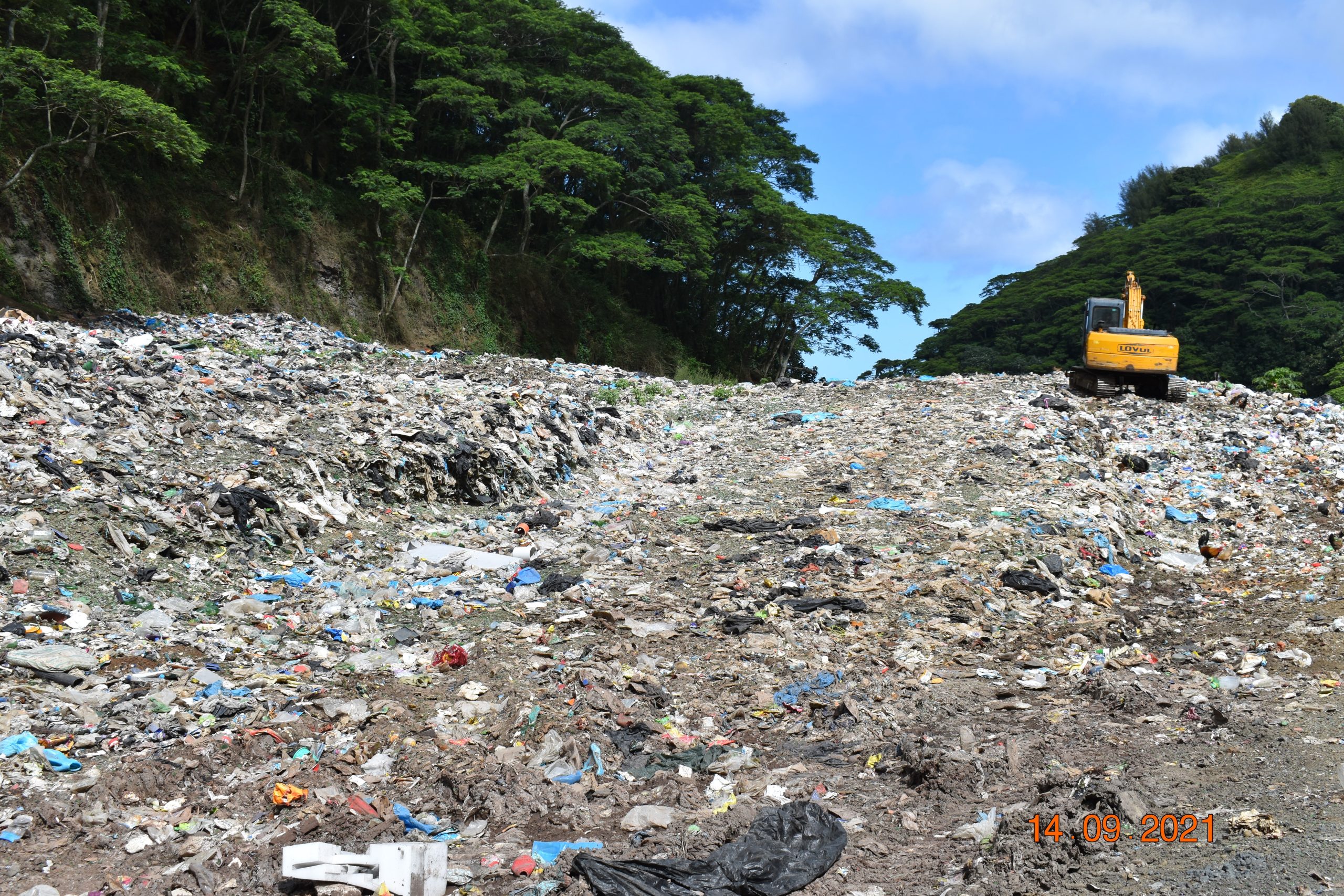
NES joins plastics roundtable discussions
The purpose of the WWF roundtable was to discuss these concepts and identify possible opportunities to merge or join the proposals.
The Rarotonga Environment Act 1994/95 was repealed by the Environment Act 2003 formalising the establishment of the NES.
The role of the National Environment Services is based on 5 main areas and has four main departments.
There is a suite of policies, strategies and plans developed over the years to enable environmental protection, conservation and management.
Our cultural identify is deeply rooted in our environment and it is part of our heritage and legacy.
An Environment Consent is a permission granted to an applicant undertaking an activity that has some but not significant environment impact.
A permission required for the construction of a standard residential dwelling or non-construction purposes such as land clearance.
A management tool used to identify the environmental, social and economic impacts of a project prior to decision making.
Any person planning to take any wild animal or plant overseas must apply for a permit for trade movement of endangered species (CITES).
All importers of bulk HFC goods must register as an approved importer with NES.
Other permits issued by NES relates to the transboundary movement of waste, ozone depletion substances and wildlife.
Biodiversity plans are important documents to manage and determine the state of our natural environment.
Protecting species, habitats, ecosystem, and protecting biological diversity.
Activities to protect, maintain, or restore the quality of environmental media.
Historical milestone for conservation in the Cook Islands
The Environment Act 2003 is the primary legislation applied throughout the Cook Islands and the Outer Islands (Pa Enua) of Aitutaki, Atiu, Mauke and Mitiaro.
Several subsidiary legislations made under the Environment Act 2003 to apply provisions of the Act and to also include the Pa Enua.
Numerous national legislations interlinked with the environment but administered by other government entities.

The purpose of the WWF roundtable was to discuss these concepts and identify possible opportunities to merge or join the proposals.

“The University perceives the Clinic as the first step in building an ongoing partnership with the Cook Islands to work together to confront other pressing

The Cook Islands Ministry of Foreign Affairs and Immigration (MFAI) and the National Environment Services (NES) formed a strong delegation at the fourth session of

Heads of delegation for twenty nine member states met in Glion, Switzerland, to share views and ideas in preparation for the Fourth Session of Intergovernmental
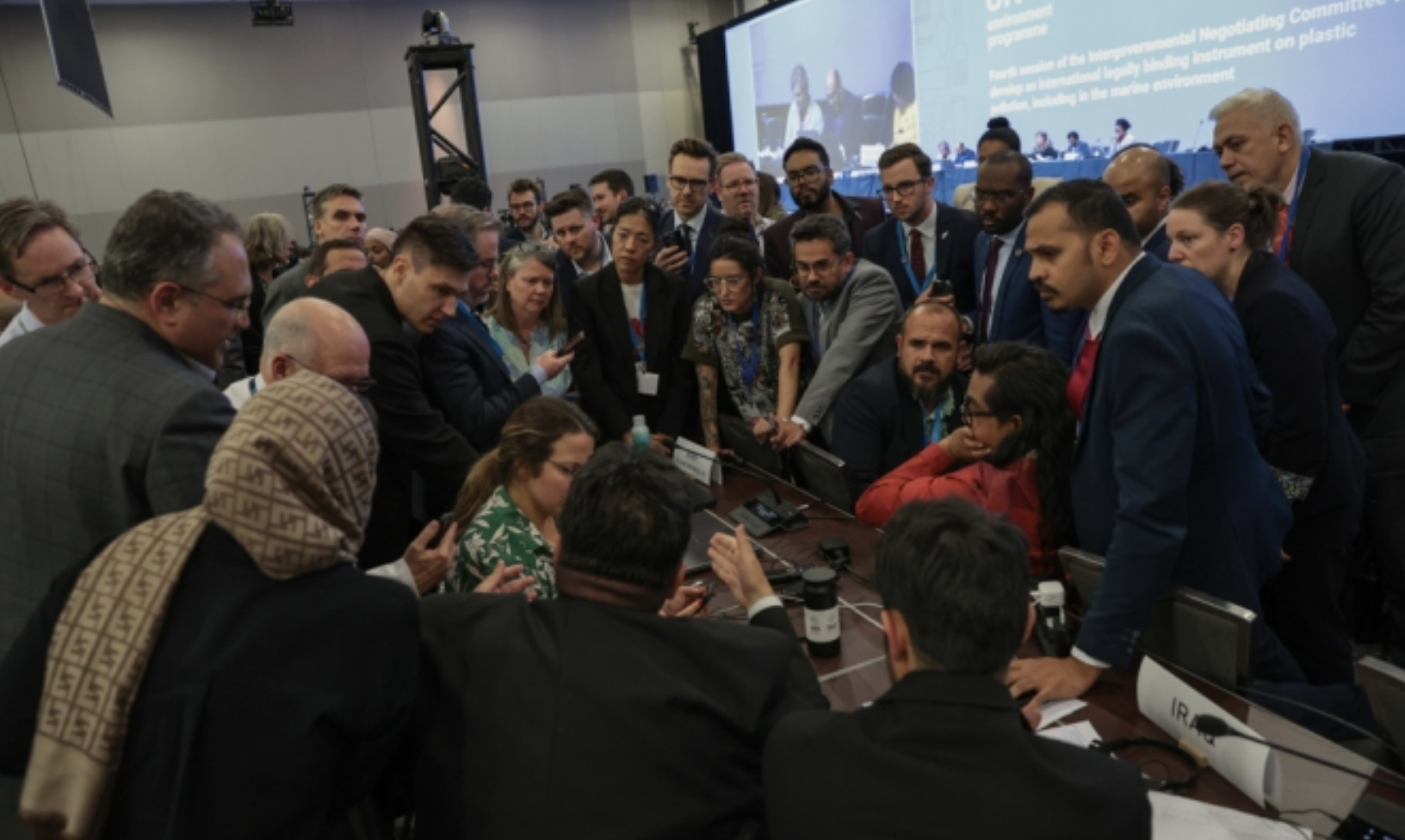
The meeting addressed concerns about problematic and avoidable plastic products and hazardous chemicals, highlighting the urgent need for global cooperation. Participants discussed strategies to reduce

Halatoa Fua stated ‘this convening was very useful to review the draft text of the treaty relating to subsidies. The deep dive sessions with other

The convening is to prepare the delegates for the Fourth Session of Intergovernmental Negotiations Committee (INC-4) to establish a legally binding treaty to end plastic
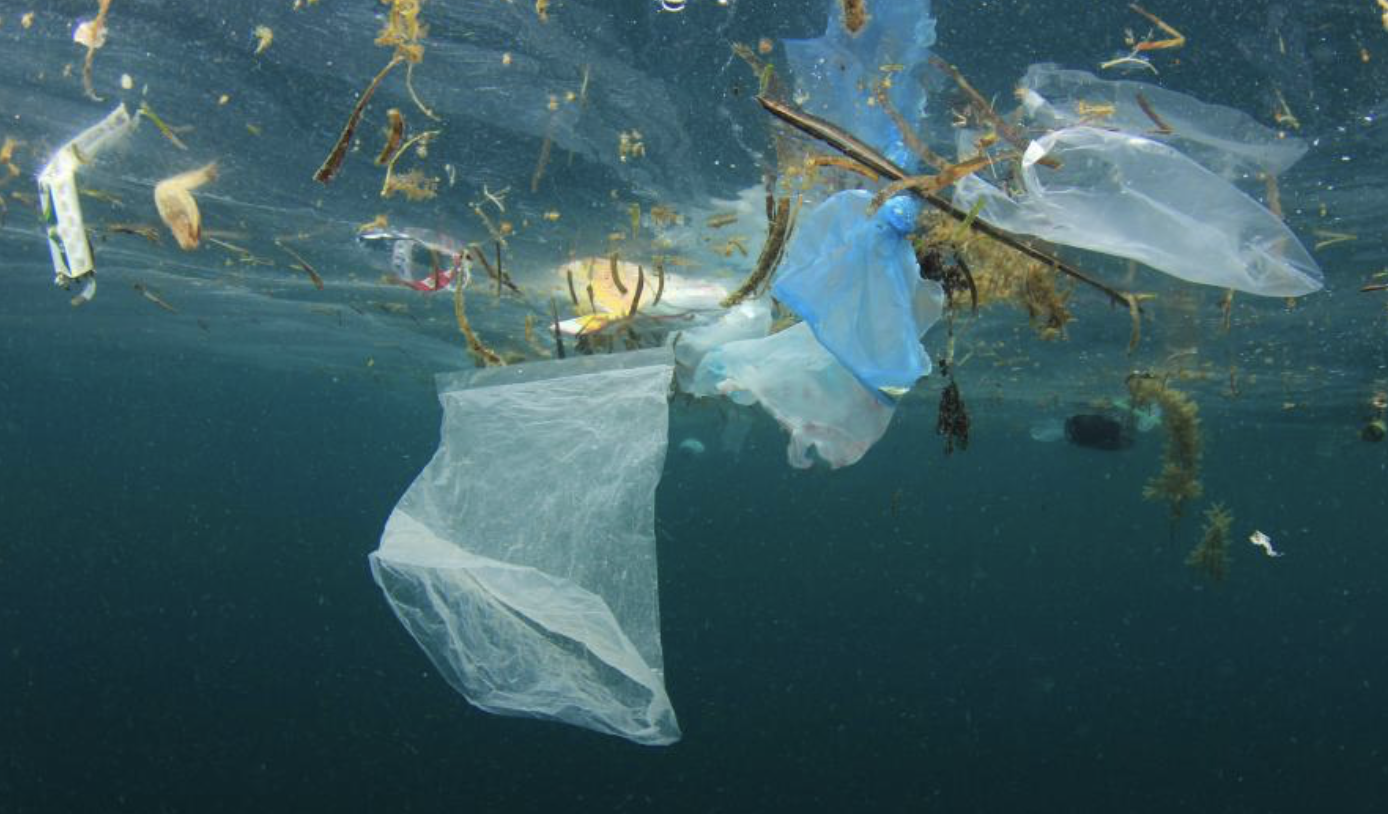
Halatoa Fua stated ‘this roundtable provided good value in collecting all the work developed from the various informal intersessional work and planning a roadmap of
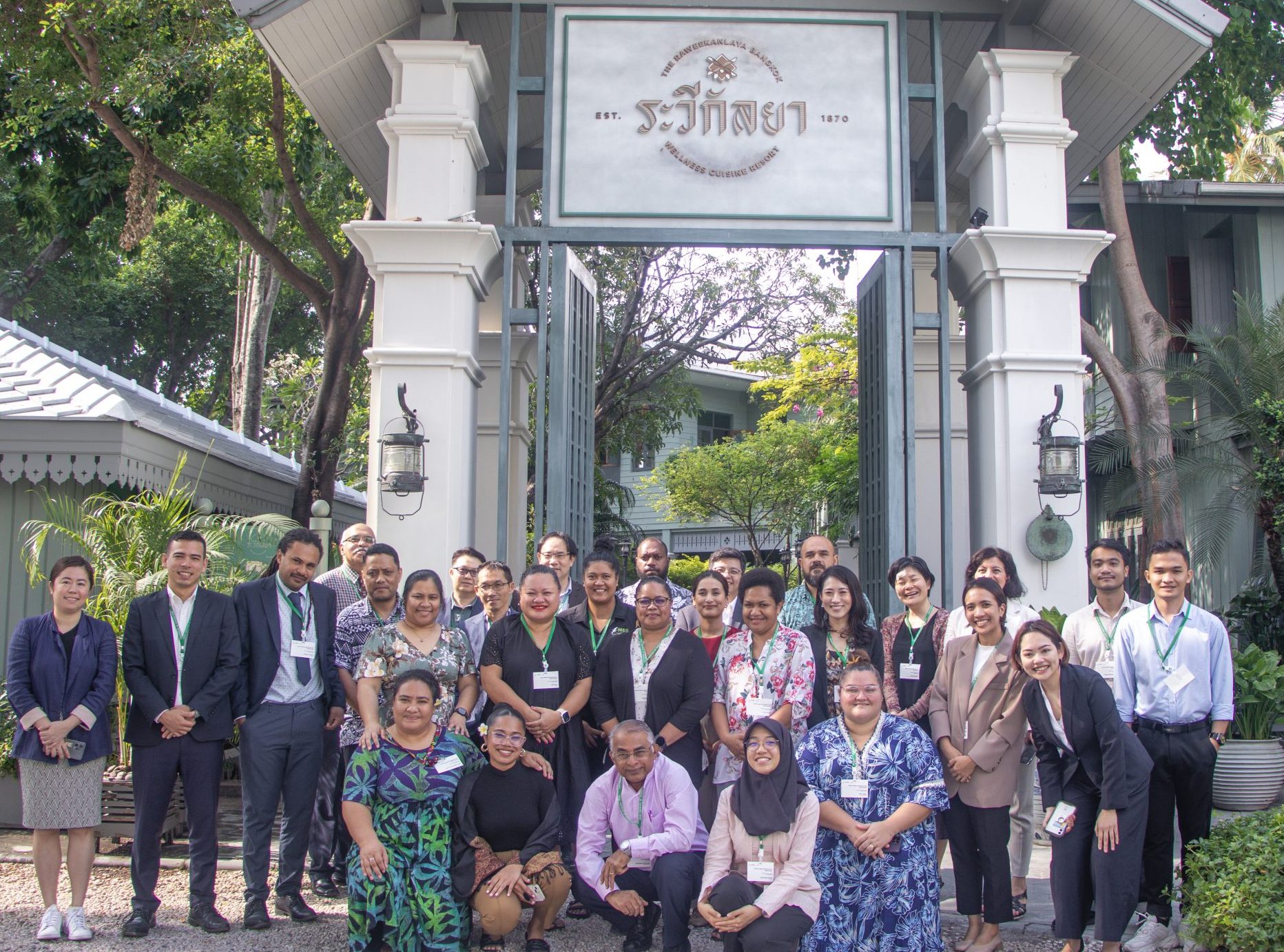
The training presented technological advancements and discussed their effective utilization in Pacific countries for monitoring plastic pollution.
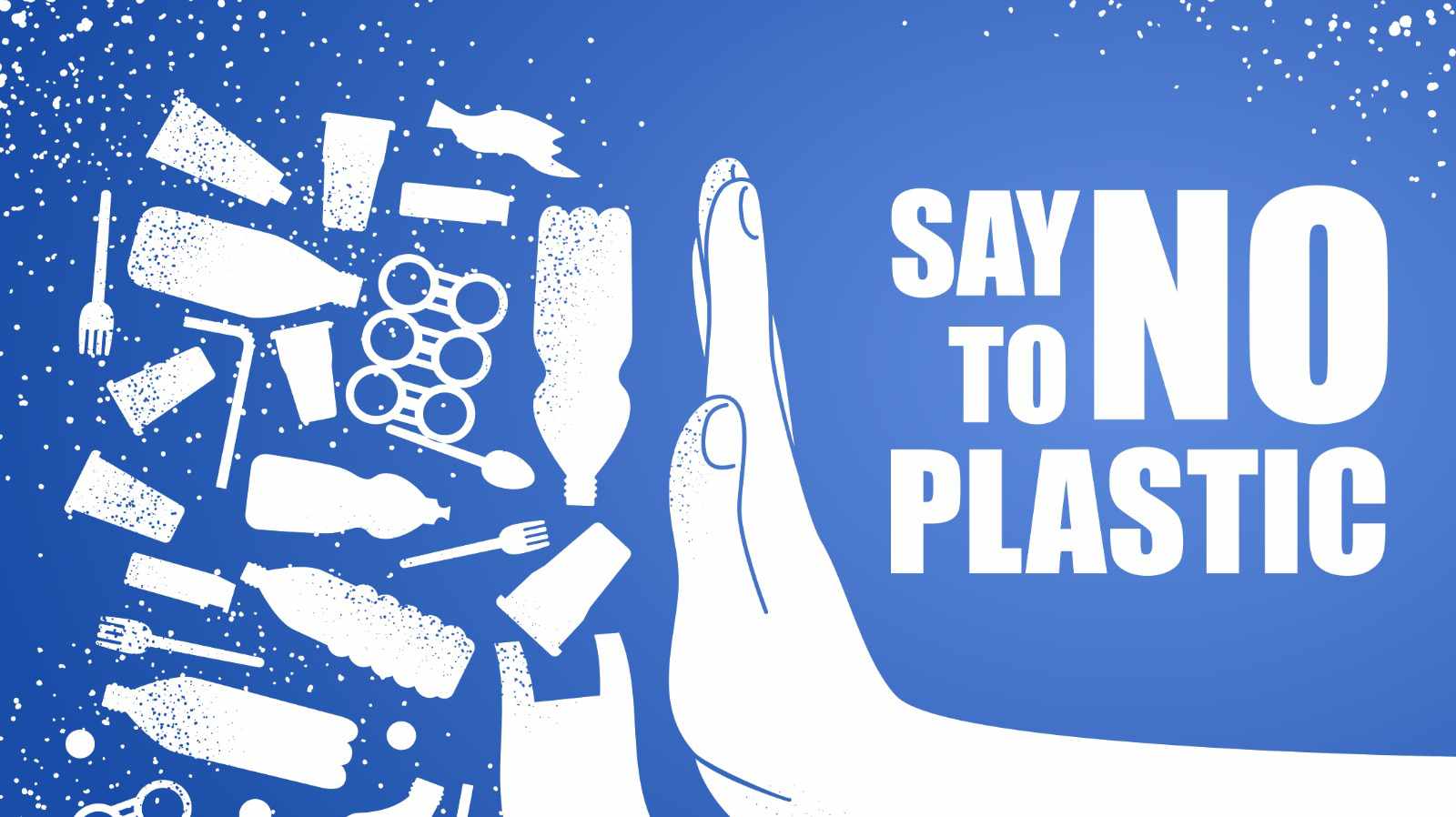
Since plastics was produced in the 1950s, plastic waste and pollution is visible in all corners of the Earth – our land, waterways, oceans and